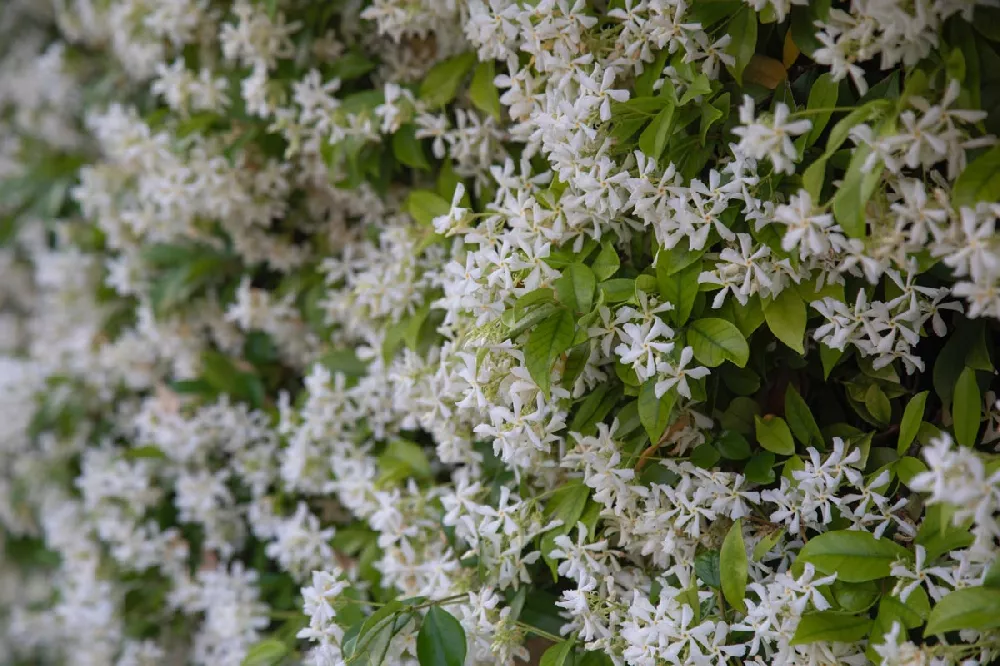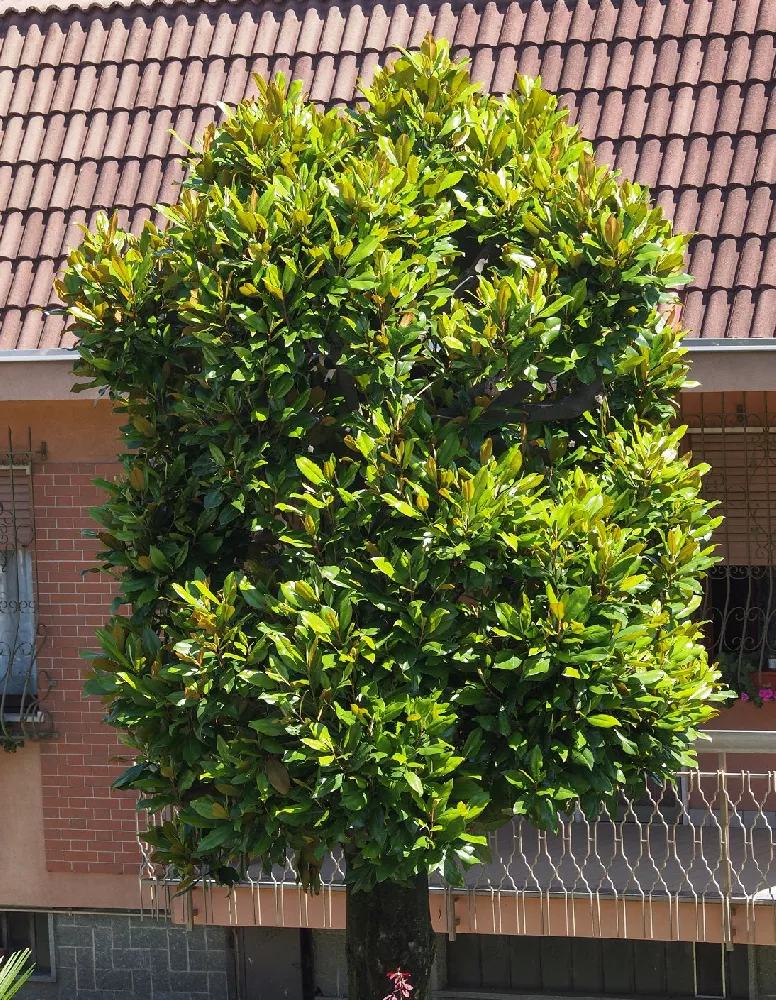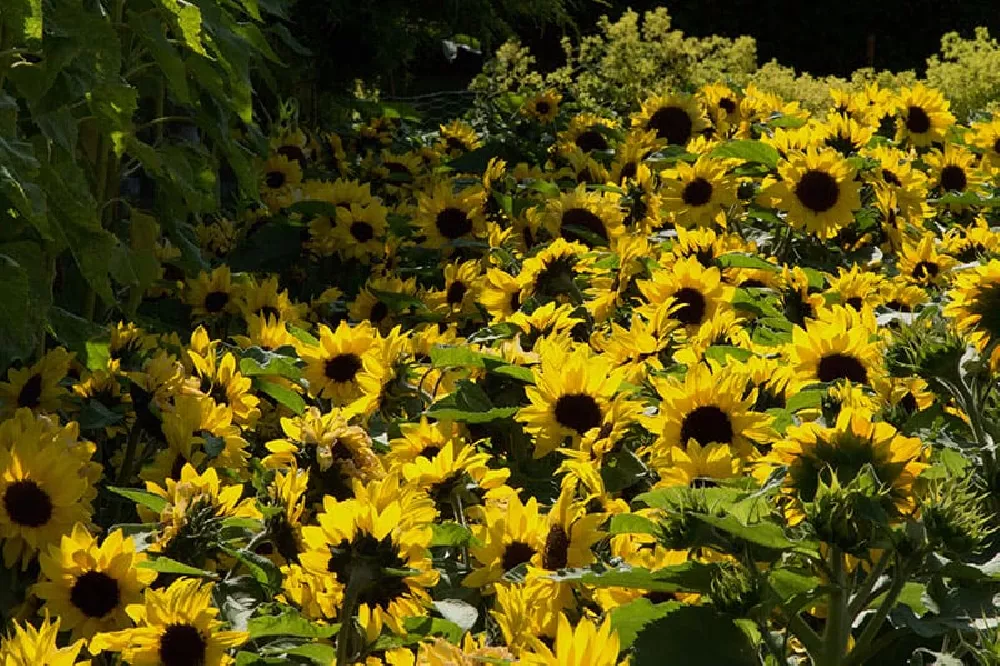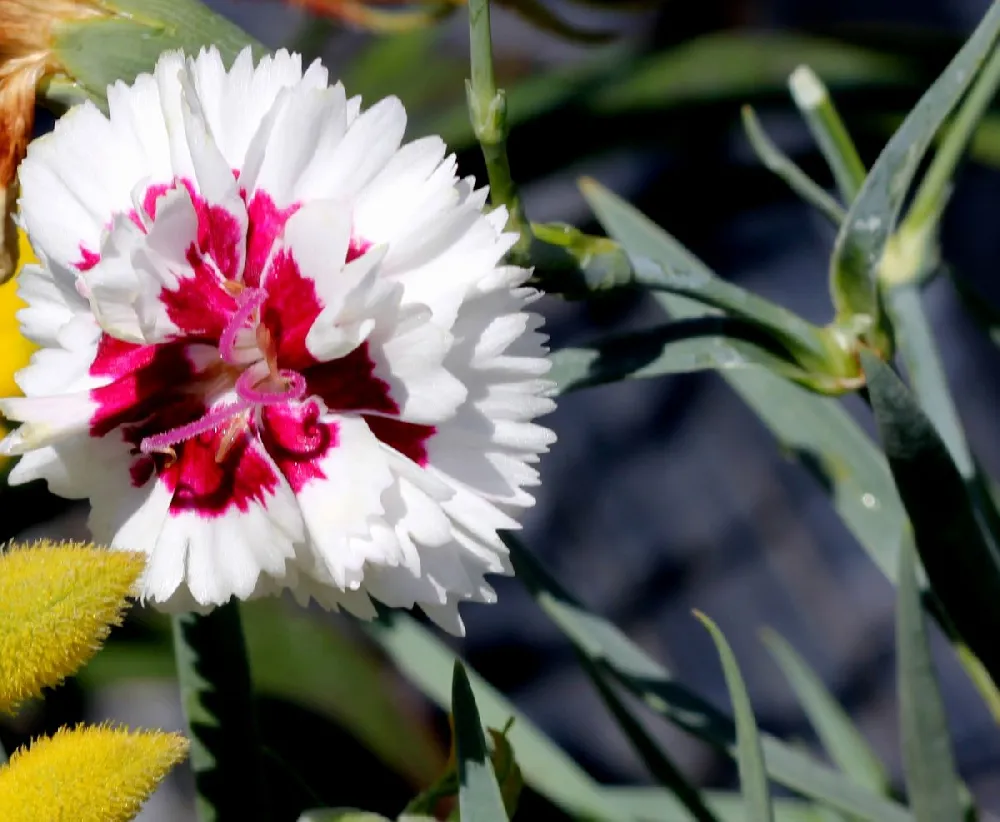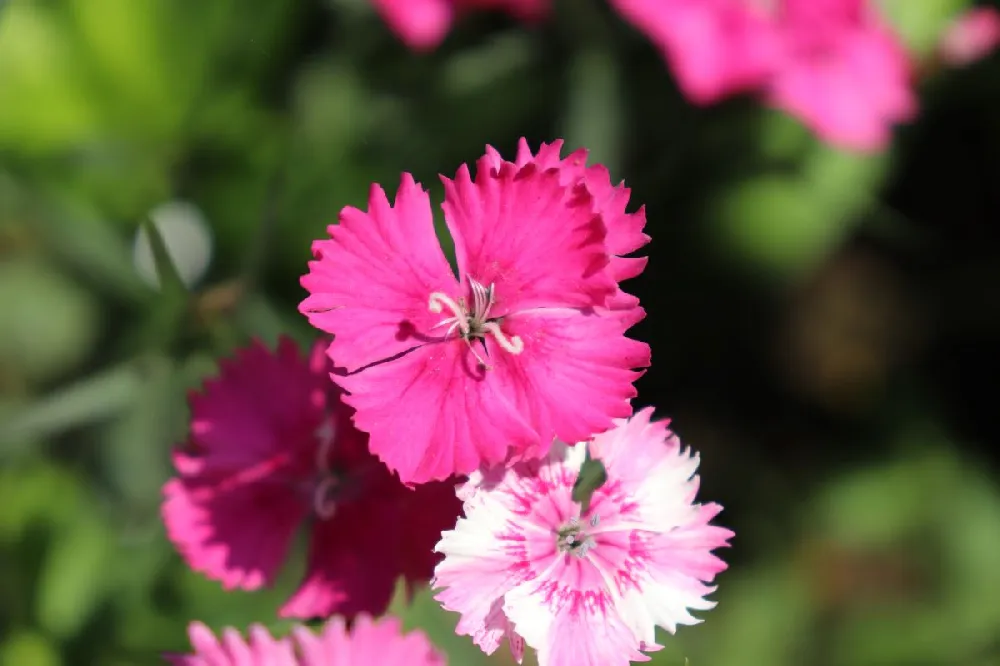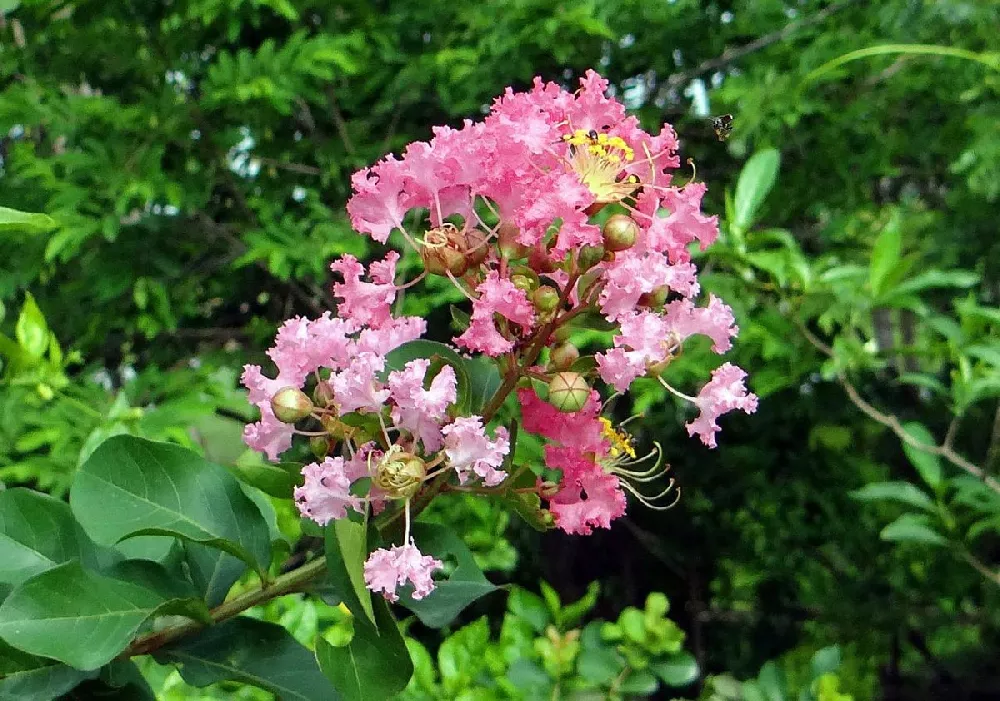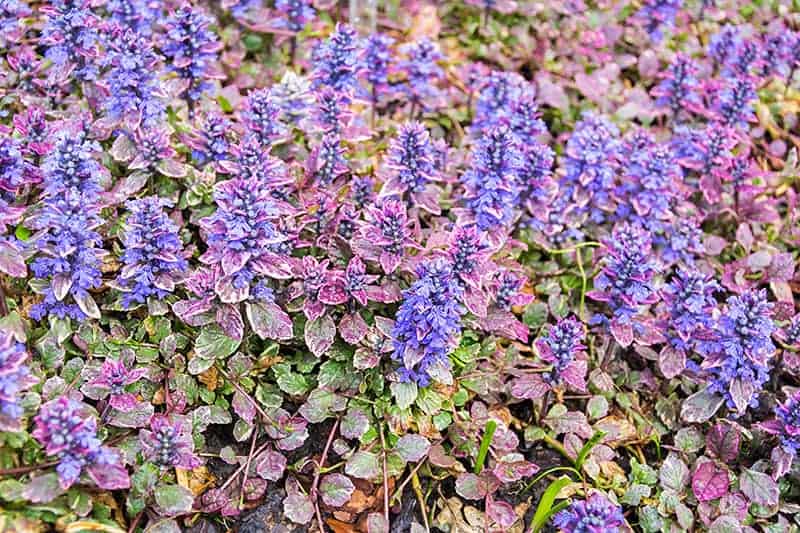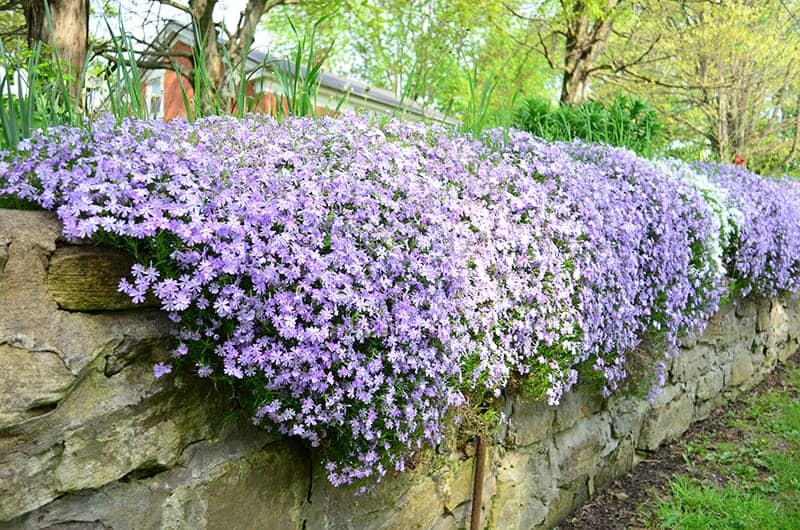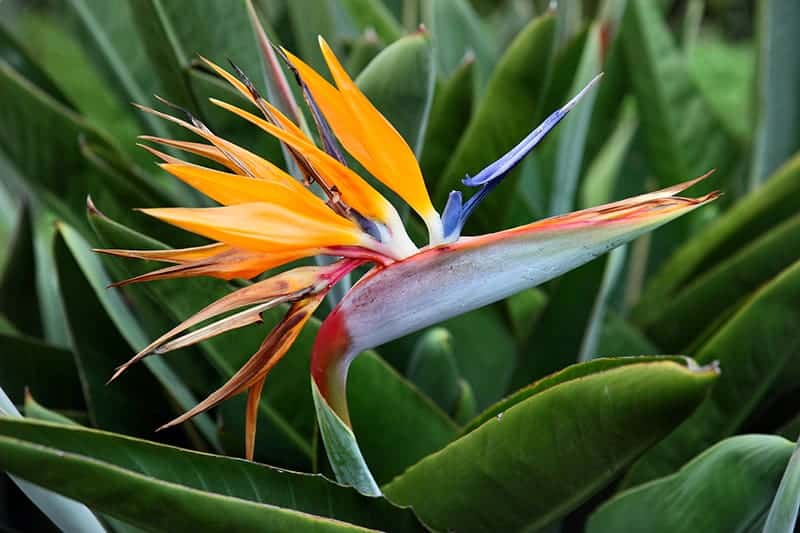Flowers That Start With ‘S’ for Sale - Buying & Growing Guide
Filters
Price Range
Growing Zones
Plant Type
Flower Color
Sunlight
Mature Height
Plant Characteristics
6 Results
Flowers That Start With ‘S’ – Buying & Growing Guide
From sunflowers to snowflakes, there are many attractive and colorful flowers that start with the letter “S.” Explore our options to begin sprucing up your garden.
Types of Flowers That Start With an ‘S’
| Type | Growing Zones | Mature Height | Sun | Features |
| Sunflower, Helianthus | 2-11 | Up to 12 feet | Full sun: 6 or more hours of direct light a day | Range from dwarf to giant; flowers are pale yellow through bright red; most are annuals |
| Snowdrop, Galanthus nivalis | 3-8 | 6-10 inches | Full to partial sun: 4 or more hours of direct light a day | Bulbous perennial; small white flowers in late winter/early spring; multiplies readily |
| Snapdragon; Antirrhinum majus | 5-10 | 4-36 inches | Full sun: 6 or more hours of direct light a day | Short-lived perennials or annuals; fragrant flowers in multiple colors; long bloom time |
| Spider Flower; Cleome hassleriana | 2-11 | 3-6 feet | Full sun: 6 or more hours of direct light a day | Fast-growing annual; airy flowers in a range of colors; self-sows readily; pest-free |
| Sweet Pea, Lathyrus odoratus | 2-11 | Up to 8 feet | Full to partial sun: 4 or more hours of direct light a day | Bushy or climbing annual; fragrant flowers bloom all summer in a range of colors |
| Sweet William, Dianthus barbatus | 3-9 | 1-2 feet | Full to partial sun: 4 or more hours of direct light a day | Biennial or short-lived perennial; clustered flowers; reseeds freely; good container plant |
| Sword Lily, Gladiolus | 5-11 | 2-6 feet | Full sun: 6 or more hours of direct light a day | Eye-catching flowers in a variety of colors; sword-shaped leaves; grow from corms |
| Shooting Stars, Dodecatheon meadia | 4-8 | 1-2 feet | Full sun to full shade; 6 hours of direct light a day or less | Perennial; white or pink flowers bloom in late spring; plant dies back in summer |
| Sneezeweed, Helenium | 3-8 | 3-5 feet | Full sun: 6 or more hours of direct light a day | Perennial; flowers in early fall; daisy-like flowers in a range of hot colors; pollinator magnets |
| Spring Snowflake, Leucojum sp. | 3-9 | 8-24 inches | Full to partial sun: 4 or more hours of direct light a day | White flowers with green spots on petals in spring; goes dormant in summer; bulbous perennial |
How to Plant Flowers
If you are planting from seed, follow the package directions for the best time and place for your future flowers. For nursery plants, unpot the young plant and tease out any encircling roots, which can kill the plant if left alone.
Dig a hole that’s a little deeper than the root ball and twice as wide. Throw in a few handfuls of well-rotted manure or compost and place the plant in the hole so it’s at the same level it was in the pot. Fill in around the root ball with soil enriched with compost or manure. Tamp down the soil and water thoroughly.
For the first few weeks after planting water every day or so unless you get rain. Once it is established and growing, you can cut back on watering to about one inch of water a week, either from rain or supplemental watering. Water the root zone rather than leaves if you’re using a hose, as wet leaves can leave a plant susceptible to fungal diseases.
If planted in fertile soil, it should not need fertilizer in its first year. If you want to give it a boost, apply a slow-release, all-purpose fertilizer according to the package directions. Water it well. Avoid fertilizer after mid-July as the plant is starting to prepare for winter and doesn’t need new growth.
